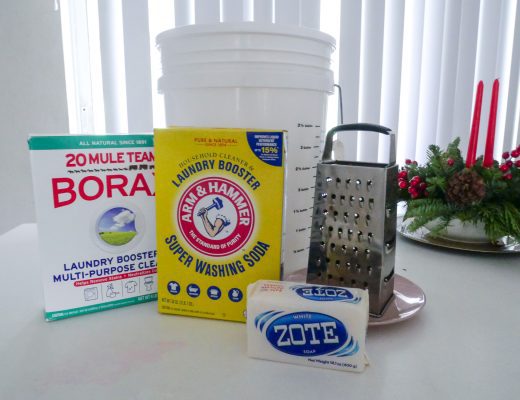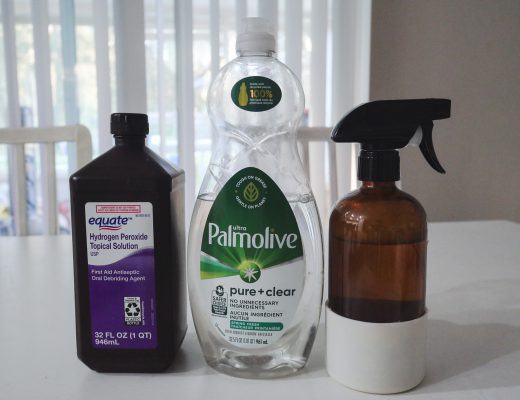This matter has been placed on my heart after seeing so many videos of everyday people expressing their frustration with inflation. People who would normally be able to afford food and shelter are struggling and/or becoming homeless. Back when the pandemic started, I could predict what is happening right now. The food shortages, rises in literally everything including housing, clothing, fuel, etc. Today I want to share you some tips on things you can do to help you survive inflation.
Start a garden
I started a garden during the pandemic like many others. Pandemic or not I’ve always desired to grow food for my family exclusively. We had just purchased our new home and I was finally able to turn a dream into a reality. If you have your own growing space, I incur you to do the same. Seeds do not cost much and if you purchase heirlooms, you can save those seeds for the next growing season. I’ve even saved seeds from a supermarket serrano pepper once and grew a very productive serrano pepper plant which is still producing at the time I am writing this blog post.

Build a community of gardens
Growing a garden would work even better if the entire community collectively worked together. Everyone can turn their backyards or front yards into a garden. For example, one neighbor can grow lots of corn and tomatoes, while another grows lots of squash and beans, etc. You can trade the abundance among neighbors in your given community so that everyone is winning.
Gardening ideas for those without the space
If you stay in an apartment or any other living situation where you can’t grow a backyard garden, start a community garden. See if there is one already in your area. If not create a gardening group with community members that are interested in the same thing. Find an empty lot and contact the owner to see if they will allow you to use the property. Even a concrete lot is doable. You will just need to use a raised garden bed that is at least 1ft tall or taller to grow your crops in. Here is a guideline with steps on how to start your own community garden.
Learn to make your own essentials
You can save money on so many items you use daily such as cleansers, body soap, etc. I make my own cleaning solutions with one main ingredient: Castile soap. A $15 body of castile soap can go a long way. You can use it to make mop water, foaming hand soap and toilet cleanser. A mixture of vodka, water and vinegar can be used as a disinfectant. The same ingredients used in different combinations can also be used to make daily shower sprays, glass cleaner or laminate floor cleaner.


I recently started making our own soap. Too often many manufacturers put harmful additives in soaps and bodywashes that aren’t good for our skin. In order to buy soap that is free from these toxins you end up spending about $6 per bar of soap. When I make our own soap, I only spend about $1.16 per bar.
I’ve also started to make our own laundry detergent. The laundry detergent I make averages at $0.01 per load. I make a large 5-gallon bucket of detergent and we are able to use it for about 4 months before needing to make more. These small changes have made a huge difference in our families spending. I was spending $288 a year on detergent and now I only spend under $20.
Learn domestic skills
Learning simple skills such as sourdough bread making, sewing, and canning can make a difference in how much money you spend as well. Instead of buying bread from the store, growing your own wild yeast and baking with it (sourdough starter) will not only be easier on your wallet, but the low gluten content and fermented grain is easier to digest. Sewing your own clothing or just learning to mend the clothing you do have will make your garments last longer. Canning leftovers or a surplus of food reduces food waste thus reducing your overall grocery bill.



Shift to more off grid functionality
Try living without relying so much on energy from the government to reduce your living expenses. Here are a few tips on how to shift to being less reliant on the grid as well as simple changes to reduce your energy use.
Reduce your electric and water use
To reduce your electric bill invest in solar panels or build your own. Change your bulbs to energy efficient ones. Handwash your clothes, or simply skip the dryer and line dry your clothing. Turn in for bed earlier to reduce the use of electricity at night. Turn the lights off in rooms that you aren’t using. Go outdoors and enjoy the natural world instead of watching TV, playing video games, etc.
Collect rainwater and use it to water your garden to reduce you water bill. Take shorter showers and turn off the faucet when you brush your teeth. Launder your clothing in cold water. Only use your dishwasher when you have a full load and fix any leaks you may have (A water faucet that drips can really do a number on your water bill for instance). You will notice your utility bills will reduce dramatically as you shift more to an off-grid type of living as well as making these easy and simple changes.

Pay off your debts
The sooner you pay off your debts the more cash flow you will have on hand. Start with the smallest debt and focus on paying it off with any money you can spare while making the minimum payments on the others. Once the smallest debt is paid off, move on to the next smallest debt. This method is known as the debt snowball. Once these debts are paid, do not use credit or take out any more loans. Learn how to do without or save for things you may have used debt to pay for so that you can remain debt-free.
I hope these tips give you some ideas to help you survive the current inflation. This is a tough time for everyone no matter what financial situation you are in. We are all feeling the effects of it. The best thing we can do is learn to navigate through this difficult time and make the best of it with what we have.







Ms. Johnson
January 9, 2024 at 3:05 amThank you for this. Very practical, reasonable and doable for many.